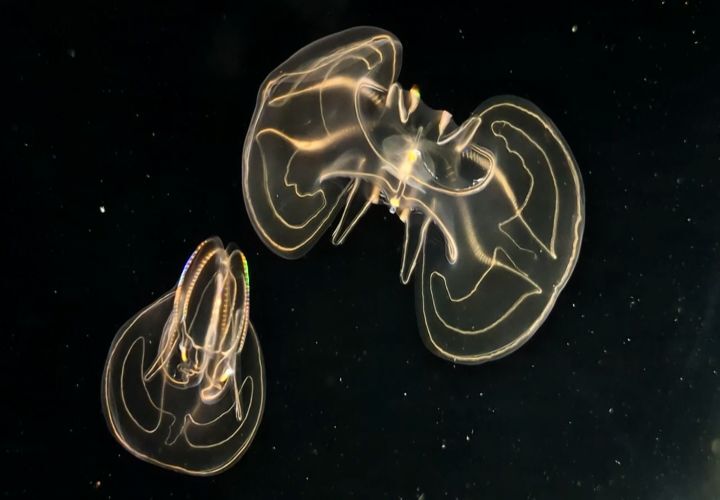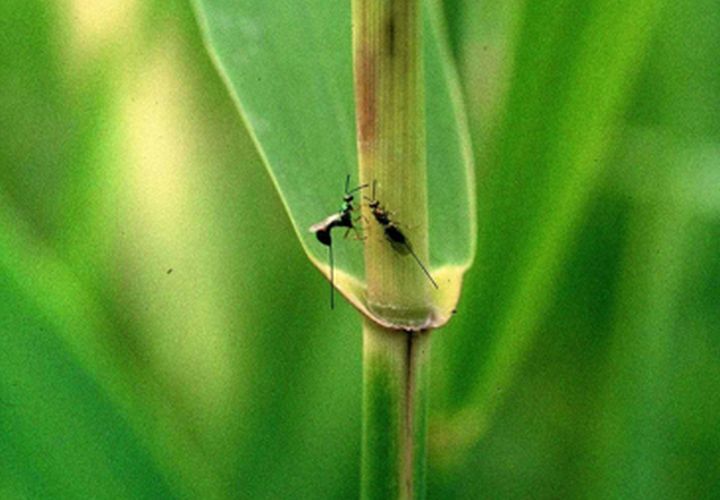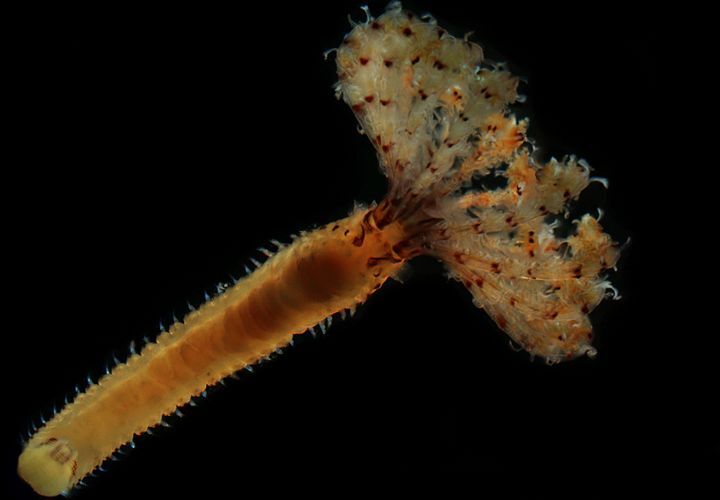News
Göttingen Research Images of the Year

How can researchers communicate the complexity, significance and beauty of their work? This question inspired Göttingen’s Science Communication Network to consider how best to showcase the diversity of research at the Göttingen Campus. They organised a contest to collect Research Images of the Year. The top 20 images are due to go on display at a special exhibition at the Forum Wissen from 12 March to 10 April 2026. Opening event on 11 March: everyone welcome! more…
Tiny flows, big insights: microfluidics system boosts super-resolution microscopy

Understanding how cells are organized and how their molecular components interact is a central goal of modern life sciences. But this isn’t easy: it requires “multiplexed super-resolution microscopy” – an advanced imaging approach. However, there are many drawbacks to existing methods, so researchers set out to overcome these and developed a dedicated microfluidics system that makes multiplexed super-resolution microscopy easier, more reproducible, and accessible. more…
Hidden insect diversity in grass shoots threatened by mowing

When it comes to biodiversity, it's easy to focus on just large-scale patterns. This overlooks a hidden but precious diversity: small, inconspicuous wasps, midges, flies, beetles and other insects that live in plants. These tiny creatures are actually very common.The researchers studied insects in over 23,000 shoots of grass. They found 255 species of insects.This means areas in grassland should not be mown for several years: stable insect populations need undisturbed refuges with intact shoots of grass. more…
Treasure trove of data on worms in Europe's seas

Species are disappearing at an alarming rate worldwide. Little-studied groups, including many marine worms, are particularly affected. In fact, species are threatened with extinction before they have even been scientifically described! Researchers are building a comprehensive dataset on European “marine annelids” – segmented sea worms – and plan to make it openly accessible for international research. more…
All press releases
Further news
GCMS update on Wednesday from 10:00 to 12:00 noon
On Wednesday, 4 March 2026, we will be carrying out urgently needed updates to the GCMS. There may be brief interruptions to the website between 10:00 and 12:00 noon. To minimise data loss, we will be blocking the GCMS editing function from around 8:00. Please finish all work on the system beforehand. If you encounter any problems or have any questions, please contact webmaster@uni-goettingen.de. more…
Shortened opening hours at the Central Library from Saturday, 7 February 2026
From Saturday, 7 February 2026, the Central Library will close at 18:00. Because of the failure of the emergency lighting, the escape routes are not adequately lit after dark and the safety of users cannot be guaranteed. The repairs are expected to be completed in about two weeks. Alternative study locations are available in the divisional libraries, the LSG and the Verfügungsgebäude (VG). more…

